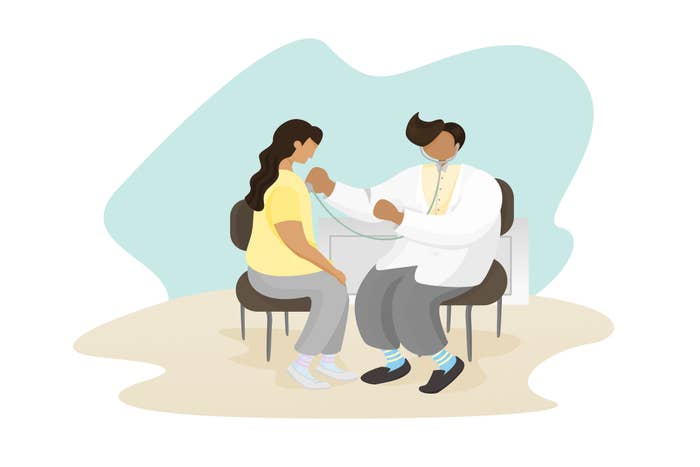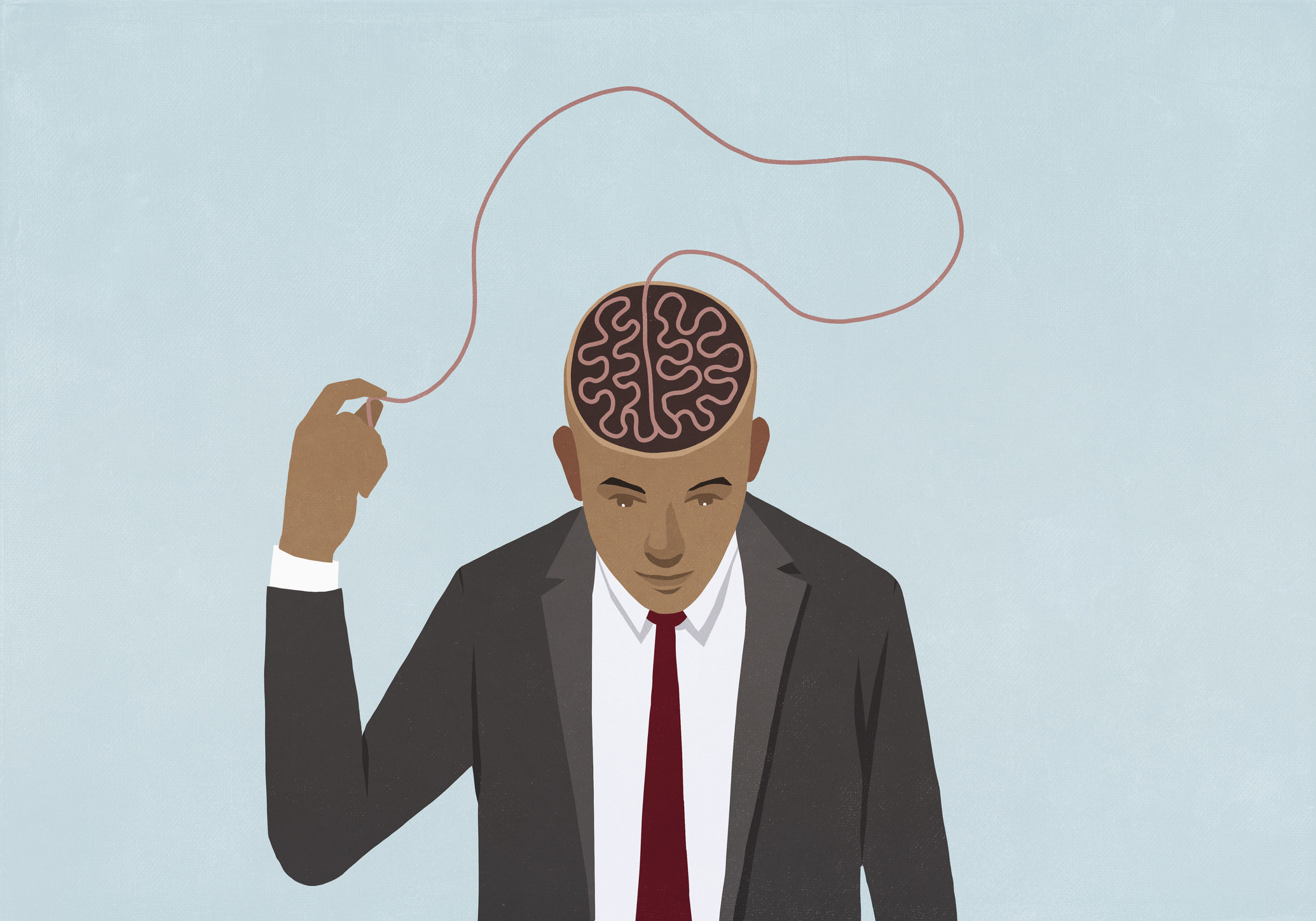Dr. Kalina Sanders is a neurologist at Baptist Neurology in Jacksonville, Florida, who has treated neurological conditions for 10+ years and has seen firsthand the importance of early diagnosis and treatment.

Here are five things Dr. Sanders says people should never do:
The following information was provided by Genentech and Dr. Kalina Sanders.

1. Never ignore symptoms
Dr. Sanders: From my years as a practicing neurologist, I’ve observed that many people actually experience symptoms of their disease long before they seek help from a healthcare provider. People often feel a need to “power through” or put their health on the back burner because it’s inconvenient or seemingly insignificant. But especially with serious neurological diseases, such as neuromyelitis optica spectrum disorder (NMOSD) — a rare, debilitating disease of the central nervous system with unpredictable relapses that may lead to cumulative and permanent damage and disability¹ — a timely, accurate diagnosis and early intervention with treatment may improve health outcomes. I can’t stress enough how crucial it is to pay attention to your body, and keep track and proactively share your symptoms (no matter how big or small) with your healthcare provider.
2. Never skip doing research
Dr. Sanders: While one’s own research should never replace a formal diagnosis or discussions with a healthcare provider, knowledge is power, and doing a little homework on your symptoms can be an essential part of a patient’s healthcare journey. This not only helps patients better understand their condition, but can also equip one with the tools to help them have an impactful discussion with their healthcare provider. Conducting research often helps point people in the direction of available resources and advocacy groups for support.

3. Never hesitate to ask questions
Dr. Sanders: It’s important to find a neurologist you feel comfortable enough with to ask questions like whether there is testing available if you suspect you may not have received the correct diagnosis. For example, NMOSD is often misdiagnosed for multiple sclerosis (MS) due to overlapping symptoms, but fortunately there is a blood test available that can help diagnose NMOSD. Around 70% to 80% of people who have NMOSD have a certain antibody in their blood — aquaporin-4 (AQP4) — that can help confirm a diagnosis.²
4. Never forgo treatment
Dr. Sanders: Historically, neurological conditions have been some of the most complex to understand and treat. However, due to the scientific advancements made over the past decade, we now have a better understanding of these conditions and treatment options. For example, until just a few years ago, there were no available medicines approved to treat a type of NMOSD. But now there are three therapies that are U.S. Food & Drug Administration (FDA)-approved for those living with NMOSD. Shared decision-making between a neurologist and patient is essential to landing on an appropriate treatment plan that fits one’s needs. Beyond medicine, managing a chronic condition requires commitment to a holistic approach to one’s care — staying active, eating healthier, and adhering to a consistent treatment plan are all key components to managing a neurological condition.

5. Never resist seeking support
Dr. Sanders: Living with a neurological condition is extremely challenging, and having to come to terms with a new, life-changing diagnosis while trying to keep a positive attitude is also no simple task. I encourage people to connect with others on a similar journey and share information and experiences online/on social media to reach a community that can further support them.
Want to find out about NMOSD and an FDA-approved treatment option that may be right for you? Click here to learn more.
1 Lana-Peixoto MA and Talim N. Neuromyelitis Optica Spectrum Disorder and Anti-MOG Syndromes. Biomedicines, 7(2), 42
2 Hamid SHM, et al. What proportion of AQP4-IgG-negative NMO spectrum disorder patients are MOG-IgG positive? a cross sectional study of 132 patients. J Neurol. 2017;64(10):2088-2094.
